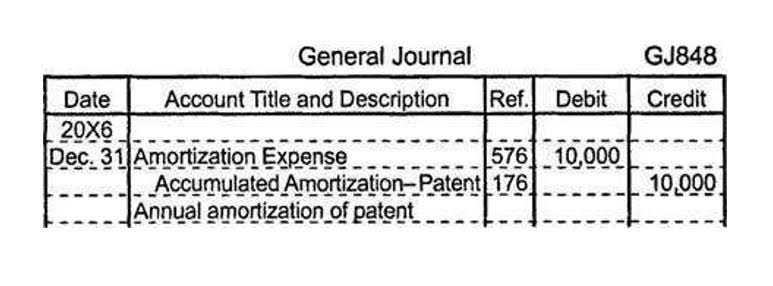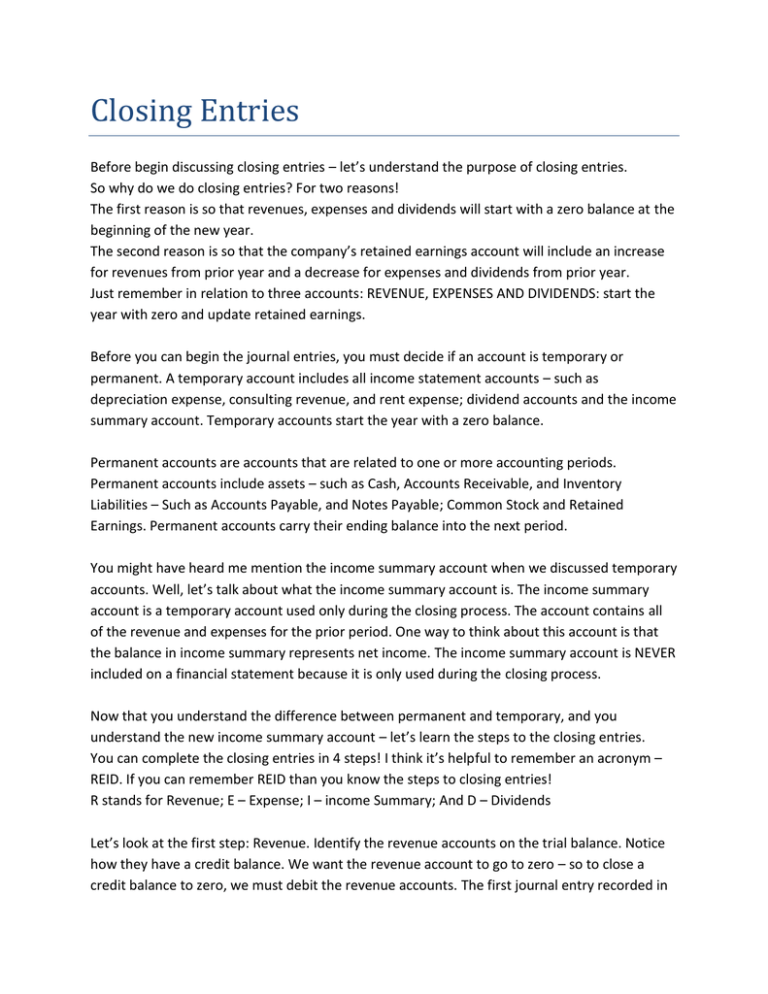Least expensive plan lacks double-entry accounting reports, bank reconciliation and accountant access. FreshBooks is a super-easy-to-use accounting software built specifically for small business owners, letting you easily do everything yourself. However, when it comes to using all the tools available to you as a small business owner, your accountant should definitely be part of your toolbox. Being able to create and send invoices on the go means no delays and no accounting headaches waiting for you. You can use the FreshBooks automated bookkeeping software wherever you have access to the internet, so let FreshBooks take care of your invoicing worries while you sit back and relax. Xero is an accounting software best suited to small businesses looking for high-level accounting systems.
FreshBooks’ small business reporting tools allow users to know exactly how their business is performing. Using straightforward dashboards and reports, companies benefit from accurate and valuable information. From centralized dashboards to reports like profit and loss, paid taxes and more, FreshBooks offers several reporting tools. A significant difference between FreshBooks and Xero is their payroll capabilities. FreshBooks does not offer built-in payroll tools, while Xero is known for its simple and effective payroll features.
- It has all the functionality you need to manage transactions, calculate payments and track projects at an affordable entry point.
- When it comes to AI, Xero has a few tricks up its sleeve that FreshBooks currently lacks.
- While Xero Analytics and Sales Taxes can help keep your numbers on track if you sell products taxable in multiple states.
- They can also schedule payments and view bills that are in draft, waiting for approval or ready to be paid.
- Has robust reporting tools and report customization options, basic inventory tracking in all plans and a capable mobile app; Early plan limits the number of invoices and bills.
- It also lets you track time and billable hours so clients can see exactly what you’re charging for.
Bank reconciliation
The desktop version is installed on a computer, while the online version is accessed through a web browser. QuickBooks Online includes all the components of the desktop version, plus additional features such as more app integrations, a fully functional mobile app and more attractive pricing. The Online plans start at $35 per month while the only current Desktop version, Enterprise, must be paid annually and start at $1,922 per year. FreshBooks is an easy-to-use accounting and invoice cloud platform popular among small businesses with clients in over 160 countries.
Best Free Accounting Software of 2024
With features like automatic expense tracking, a user-friendly interface, and responsibility center definition extensive reporting options, QuickBooks aims to streamline financial management for small businesses. It’s particularly well-suited for businesses who prioritize an all-in-one solution. QuickBooks is a popular accounting software used by small businesses, solopreneurs and freelancers. The software helps users to keep track of their finances, customers and vendors.
For example, Freshbooks is a beginner’s champion because it is easy to use. Quickbooks’ Live Bookkeeping and Priority Circle can help you with bookkeeping tasks. While Xero Analytics and Sales Taxes can help keep your numbers on track if you sell products taxable in multiple states. Meanwhile, Xero takes data analysis to the next level through its Xero Analytics which you can upgrade to Analytics Plus. These features will allow you to produce a financial forecast from seven to 90 days in the future.
Alternative Accounting Software Options
It includes everything in Growing, plus multi-currency accounting, project costing and tracking, expense claims, and in-depth analytics. QuickBooks and Xero are both popular accounting software options for small businesses, but which one is right for you? Here, we break down the key differences in features, benefits, and pricing to help you choose the platform that best suits your business needs and budget.
Plus, with automations that reduce your workload, you’ll be saving time in no time. In the battle of FreshBooks vs. Xero, we don’t think one is the ultimate winner. FreshBooks is the go-to solution for freelancers and solopreneurs who want freedom with managing and billing their clients. While small businesses can use the software as well, the extra charge per team member could add up quickly. Includes audit trails and easy accountant access; has millions of users so your accountant will likely be familiar with it. Our partners cannot pay us to guarantee favorable reviews of their products or services.
Expenses
When comparing the reports generated by FreshBooks vs. Xero, I found Xero’s to consistently provide more detail and offer more flexibility with data presentation than FreshBooks’. FreshBooks is best equipped to serve small business owners without much accounting experience. The larger your business is, the better equipped Xero becomes to meet your needs.


